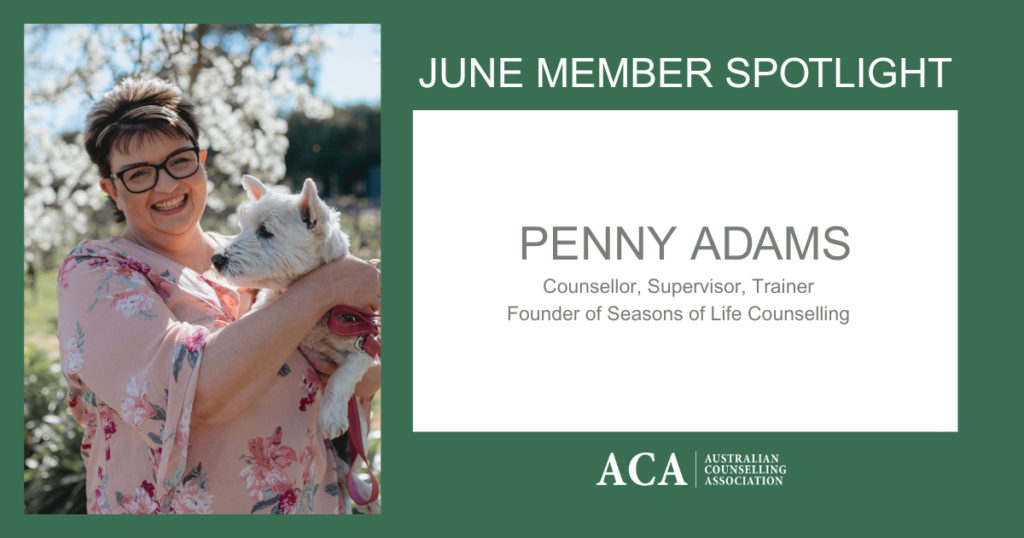Kashish Chugh is a dedicated student counsellor navigating her final year of studies. Throughout 2025, we will follow Kashish’s journey as she balances academics, practical experience, and personal growth on her path to becoming a professional counsellor. Through her monthly blog, she will share insights, challenges, and valuable lessons, offering a real and relatable perspective on life as a final-year counselling student. Stay tuned for an inspiring year ahead!
The Question That Changed Everything: Learning to Ask, Not Assume
One of the most powerful moments in my early counselling experience came from a single, unexpected question. My client, a young woman struggling with relocation stress, seemed unsure, guarded – even lost. I, too, was unsure of what direction to take. I found myself silently wondering, “What technique should I use next?”
And then, instinctively, I asked: “How do you think I can help you with that?”
Her expression shifted. Her posture softened. And for the first time in that session, she began to truly open up.
Letting the Client Lead
As counselling students, we often enter placements with a strong urge to be ‘good’ therapists—to know the right interventions, recall the perfect theory, and structure sessions with clinical precision. We put immense pressure on ourselves to “get it right.”
But what I’ve come to learn is that our job is not always to lead—it is to follow with intention. That one question reminded me that clients often hold more wisdom than we give them credit for.
They may not have all the answers, but they do have insights. When we stop trying to “solve” and start asking more spacious, open-ended questions, we begin to witness something powerful: their capacity to reflect, process, and guide their own healing.
Moving Beyond Performance
I think many of us begin our placements feeling we must perform—demonstrate competence, apply what we’ve learned, and never appear uncertain. In reality, therapy is far more human and fluid.
When I let go of the need to sound ‘expert’ and instead focused on being present, the session shifted. The goal wasn’t to show what I knew—it was to show that I cared, and that I was there to understand.
Now, when I feel unsure, I gently shift the focus with questions like:
● “What feels most important for us to explore today?”
● “Would you like to pause here or go a little deeper?”
● “What do you need from me in this space right now?”
These are not grand interventions. But they hold space. And that space is where healing begins.
Learning to Sit With Not Knowing
Asking instead of assuming also means being comfortable with not knowing. It means letting go of the need to rescue, fix, or direct, and instead being okay with holding space for what unfolds.
That can feel vulnerable—especially as a student. But I’m learning that therapeutic power lies not in having the answers, but in asking the questions that lead clients to their own truths.
One of the greatest lessons so far has been this: The therapy room is not a stage—it’s a relationship.
Advice for Fellow Students
To students just stepping into their first sessions, I offer this: Don’t let your desire to be good overshadow your ability to be present.
Let go of the inner performance critic. Be curious. Be warm. And when in doubt, ask—not to gain control, but to give it back to the person who needs it most.
“It’s okay to not know exactly what to say. Sometimes, the most powerful thing you can do is ask and listen.”
You’ll be amazed by how far one gentle, well-timed question can take a session—and a client.



